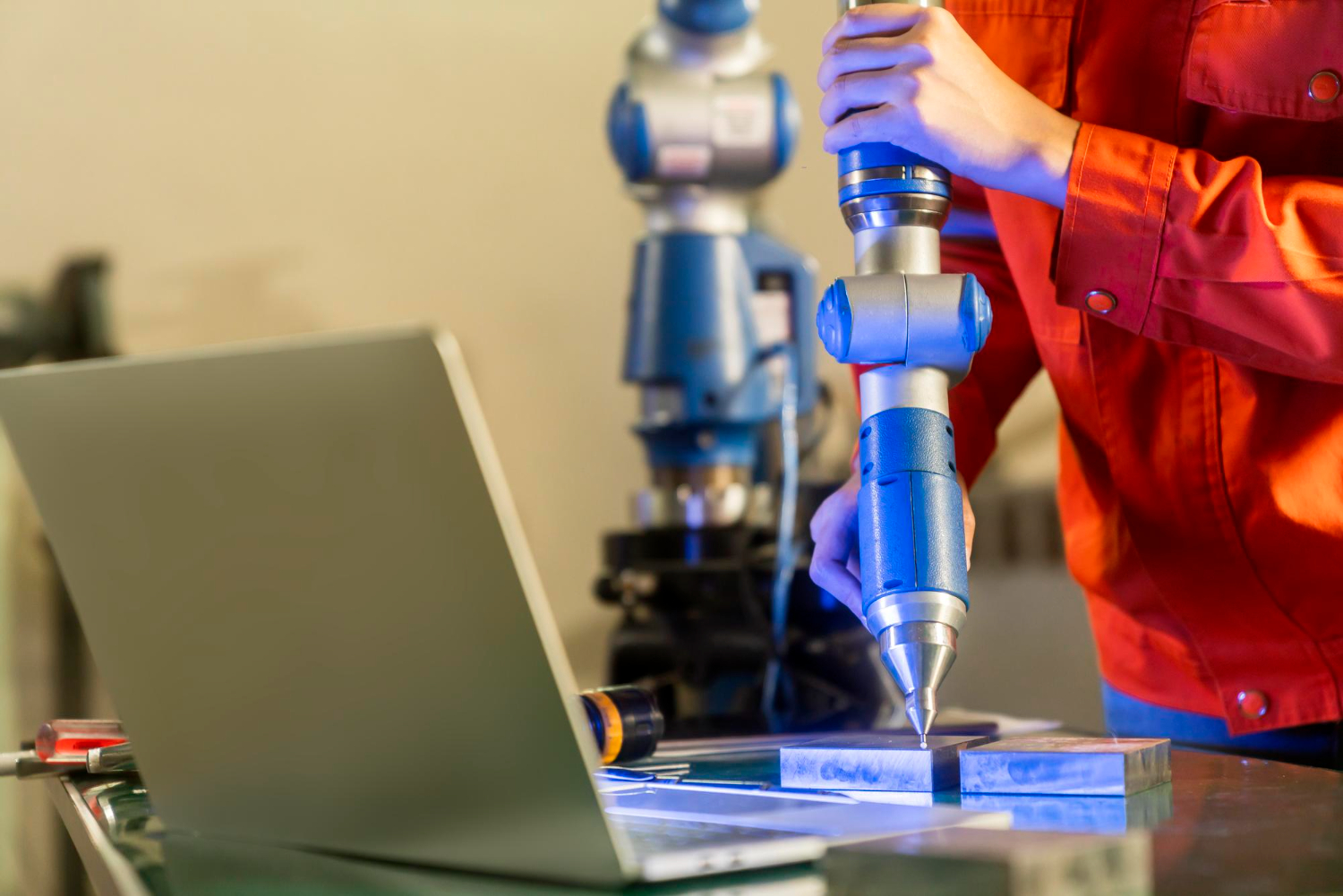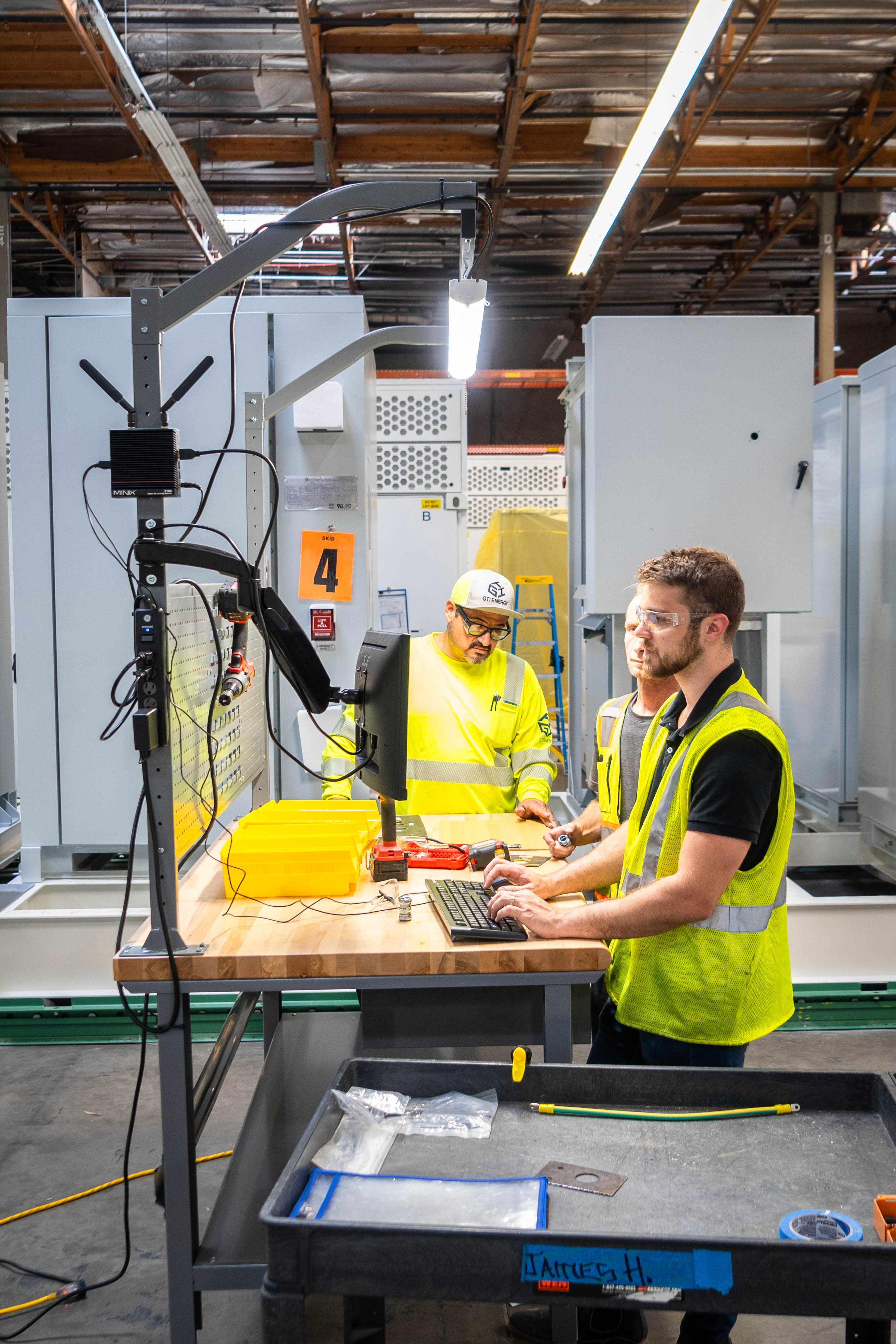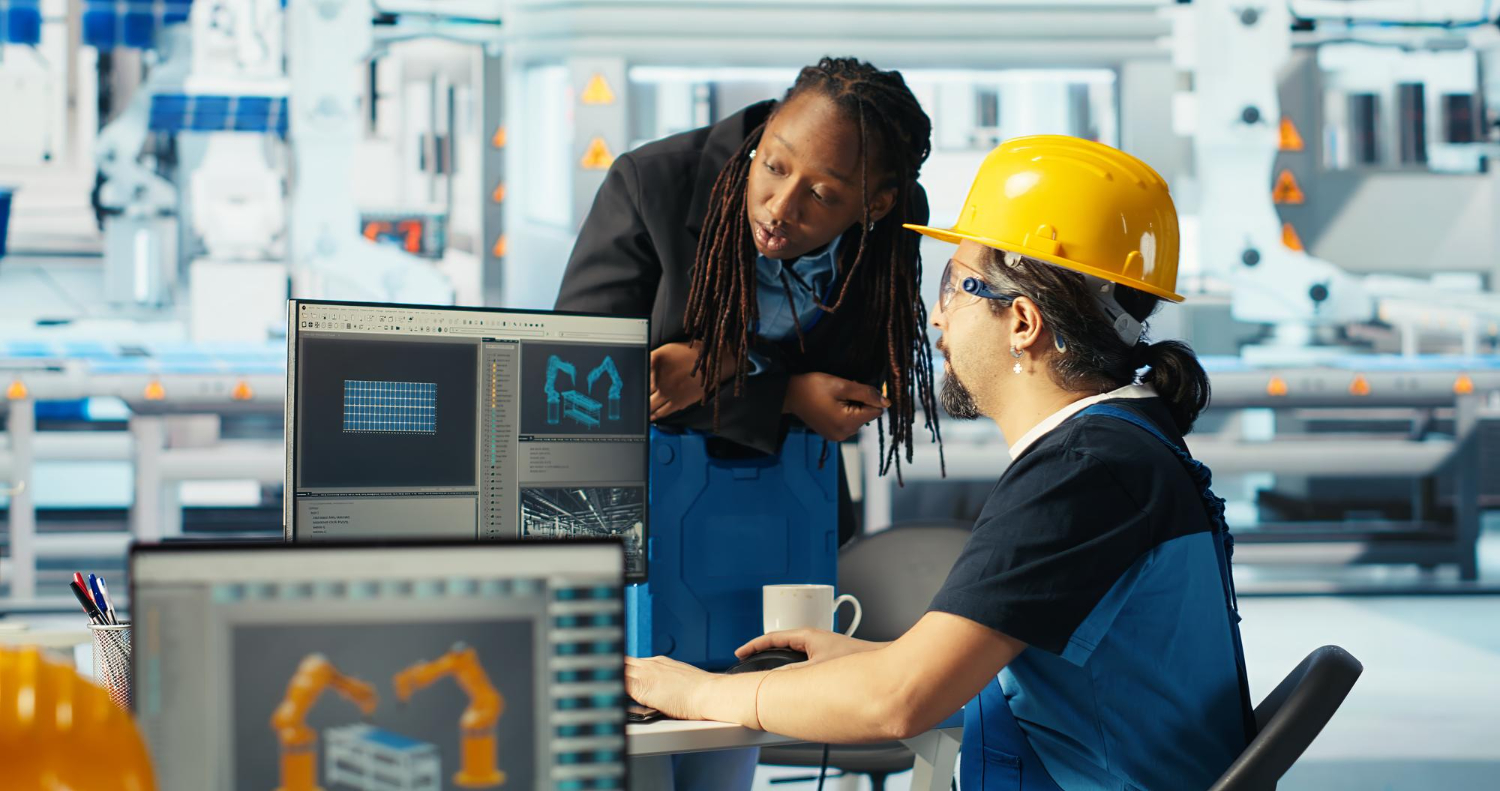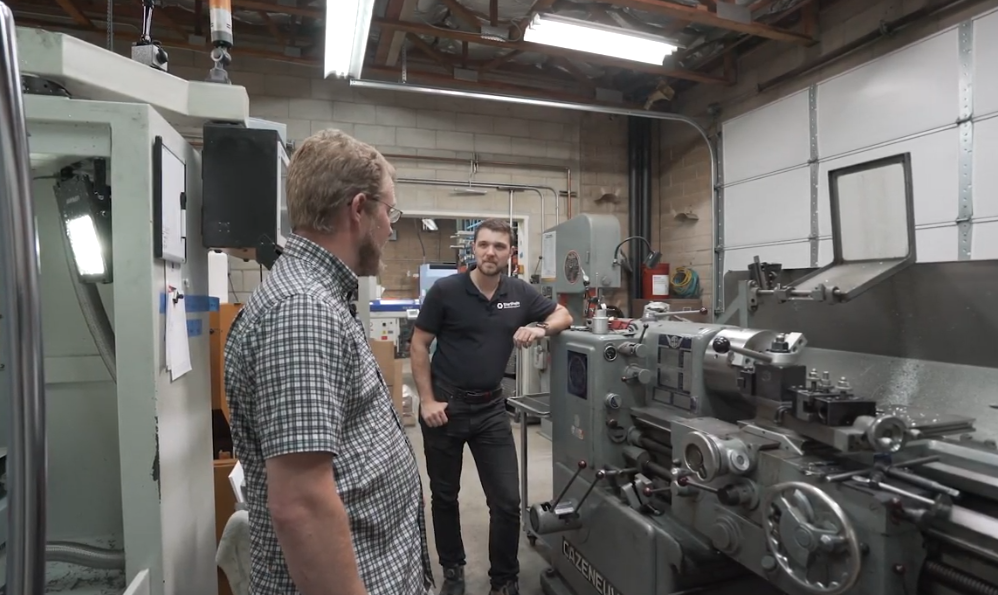AI in Manufacturing: 10 Real-World Applications Transforming the Job Shop Floor
Whether you’re looking to quote faster, reduce waste, or optimize your operations end-to-end, AI gives you the leverage to compete and scale without adding headcount or complexity. Here’s a closer look at ten real-world manufacturing AI use cases already transforming the machine shop floor.

AI in manufacturing isn’t just hype—it’s happening now. From the moment a request for quote (RFQ) hits your inbox to the second a finished part ships out the door, AI is reshaping how modern job shops and manufacturers work.
At StartProto, we believe AI should do more than automate—it should amplify your decision-making, simplify your workflows, and optimize your resources. Here’s a closer look at ten real-world manufacturing AI use cases already transforming the machine shop floor.
1. RFQ Triage & Prioritization
You receive 20 RFQs in a week—but which ones are actually worth quoting?
AI can analyze historical win rates, customer behavior, part complexity, and margins to recommend which RFQs deserve your time. Instead of guesswork, you get data-backed guidance on what to quote, and what to skip.
Faster quoting, higher win rates, less waste. 🚀
2. Automated Quoting Recommendations
AI doesn’t just help prioritize RFQs—it helps generate quotes, too.
Smart quoting systems (like StartProto) use AI to analyze past jobs, material costs, labor inputs, and production timelines to recommend pricing and lead times in seconds. Your quoting process becomes consistent, accurate, and scalable.
Here is Cayle from Ram Precision explaining how he sent StartProto AI a few pics that it turned into a PO. And Curtis from Arrowhead Survival emailed StartProto AI a purchase order ans it turned it into complete routing steps—Cerakote steps, costs, everything.
3. Predictive Job Scheduling
AI can predict production bottlenecks before they happen.
By evaluating current WIP, machine availability, and labor capacity, AI-powered scheduling tools optimize your job queue to meet due dates without overloading the shop.
🕒 Result: fewer delays, smoother workflows, and better customer satisfaction.
4. Smart Purchasing & Inventory Forecasting
Say goodbye to overbuying or running out of critical materials.
AI agents can automatically recommend purchase quantities based on real-time demand, lead times, and consumption trends—even adjusting based on current job velocity.
💡 Want to go deeper? Check out our blog on AI in smart purchasing →
5. Dynamic Routing & Shop Floor Optimization
AI continuously learns how jobs move through your shop.
It can suggest more efficient routing strategies, flag unusual delays, and adapt routing plans based on real-time conditions like machine downtime or absenteeism.
The result? Optimized throughput, reduced idle time, and more predictable production cycles.
6. Workforce Planning & Skills Matching
AI can recommend the best technician or operator for each job based on skill sets, certifications, and availability.
This goes beyond scheduling—it ensures that the right people are on the right jobs, improving quality and reducing rework.
7. Anomaly Detection for Quality Control
Manual quality checks take time and can be inconsistent.
AI-powered insights help to spot defects faster and more reliably—especially in high-volume or precision jobs.
🚨 Catching problems earlier means less scrap, lower costs, and happier customers.
8. Lead Time & Delivery Forecasting
Need to give a customer a realistic ship date?
AI models use your historical performance, supplier reliability, and current load to predict lead times more accurately. It’s transparency your customers will trust—and come back for.
9. Labor & Machine Efficiency Monitoring
AI can help optimize your skilled labor and machine usage patterns.
It flags when machines are idling unnecessarily, running inefficiently, or become bottlenecks. You lower labor costs and reduce downtime—without adding another dashboard to monitor.
10. AI-Powered Insights & Recommendations
Ultimately, AI becomes your shop assistant.
It surfaces insights you might miss—like quoting anomalies, overtime trends, or declining vendor performance—and pushes timely alerts so you can take action before small issues become major ones.
Conclusion
AI in Manufacturing Is Already Here
These aren’t future scenarios—they’re being deployed in shops across the country right now.
Whether you’re looking to quote faster, reduce waste, or optimize your operations end-to-end, AI gives you the leverage to compete and scale without adding headcount or complexity.
At StartProto, we’re building AI-powered tools designed for manufacturers—not data scientists. If you’re ready to unlock your shop’s potential with real AI, we’re ready to help.
Unlock the potential of AI manufacturing
Blogs & Resources
Industry trends, manufacturing business tips, and more




